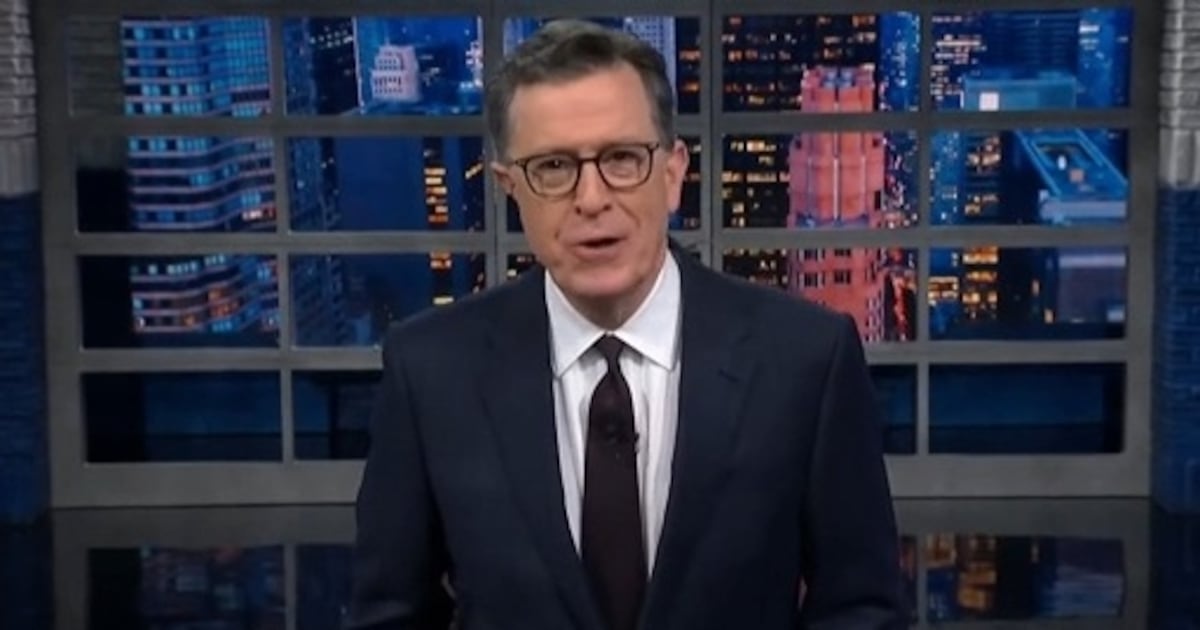Telling the story of a real-life Northern Irish rap group, Kneecap pairs the politics of language with the visceral energy blast of a key bump.
Winning one of the audience awards at this year’s Sundance Film Festival, the movie charts the origins of the eponymous rap trio in the years before the EU recognized the native Irish language. The group, each of them native Irish speakers from West Belfast, finds artistic liberation when young Mo Chara and Móglaí Bap make an unexpected alliance with schoolteacher and secret beatmaker JJ (who becomes the masked DJ Próvaí, to hide his identity). Together, their music unites around a love of drugs and their outrage over the continued political degradation of Irish speakers.
With lingering intergenerational trauma from the Troubles, Kneecap’s members turn the social strata of self-proclaimed “low-life scum” into a unique musical identity that champions the language and gives voice to an ongoing movement. Their rise to national popularity faces a prejudicial police force, censorship, and the ghosts that remain from families torn apart by political unrest. The debut feature from director Rich Peppiatt, Kneecap is a rousing antidote to summer multiplex spectacles, if a forgivably formulaic one.
Though the film takes a fictionalized approach to detailing the group’s ascent in Northern Ireland, a particular risk pays off in casting the Kneecap members as themselves. This lends an authenticity to how the film captures their musical stylings, with each of the three members delivering performances so natural you might not expect these were their acting debuts. Recognizable star power comes from Michael Fassbender as Móglaí Bap’s charismatic father living in hiding to escape prosecution for his history of participation in violent demonstrations.
Even with Kneecap’s veneer of rebellion and hard drugs, it unfolds with the warm familiarity of other homegrown musical crowd-pleasers from the past two decades. Like if 8 Mile was made by Once's John Carney, this film owes much to a recent tradition of movies that finds uplift in the musical dreams of everyday people. While this new entry to that familiar mold catches fire from its real-life autofiction—not to mention its political righteousness and national identity—it does sacrifice much of its edge to the story rhythms of those other movies.
Our heroes may mockingly state that “every fucking story about Belfast starts like this” before a quick montage of bombings snaps by, but the film doesn’t dodge cliché as deftly as it might think. Its live-wire energy is nevertheless a bit dated. The film’s visual identity relies on candy-colored neons and onscreen journal-scratch text, making the 2019 setting feel more like 2007. Though not an overly sentimental film, its emotional beats arrive right on schedule, without straying a toe outside the lines of how this type of film is supposed to operate.
It delights in their drug-fueled bad behavior, yet the film never feels particularly dangerous or anywhere near as radical as the band itself. A little transgressive filmmaking audacity would have better suited the group’s politically activated daring. Instead, the film’s coziness results in an experience a bit more square than we assume was intended. Stylistically, Kneecap is meant more for an audience that wants to seem hip to the group rather than those who already are.
What makes Kneecap such a satisfying entry within this musical stable—along with the absorbing verve and rage of its musicality—is the ease with which it includes many facets of sociopolitical nuance. Each of the band’s members experiences the societal pressures of their language in different ways, whether romantic or familial or with the brutal and biased police force. As the storyline of Móglaí Bap’s family reconciliation culminates, the film finds an unexpected (if, some might say, too pat) way to create meaningful symmetry between oppressor and agitator, highlighting the humanity that runs throughout the film and its messaging.
But like the musical films whose footsteps it follows down to the sole—such as Carney’s Sing Street or the Springsteen-loaded Blinded by the Light—what Kneecap lacks in originality, it makes up for with a compulsive watchability. I’ll have another two dozen of these, thank you.






